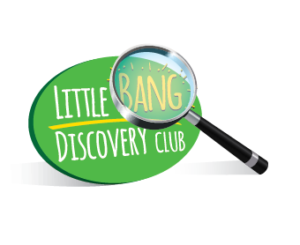When: All conference
Where: Foyer, Level 2, the conference registration/foyer area
Turbine Hall, Level 1 next to the Experimentations exhibit (Tuesday 13th November, 6:00pm – 9:00pm only)
Hashtag: #SciArt
Science communicators often turn to the creative arts in their visual science communication projects. Whether many of these works would be called art is highly contested. On the other hand, many could easily be called works of design. So how do these different fields interact in their science-related visual displays? This exhibition explores works that range across visual communication, design, and art, teasing at the boundaries of these fields and considering how they play into the field of science communication.
To be mounted in the public space throughout the ASC 2018 conference, the exhibition will invite inspection, reflection, and comparison of works that are aesthetically interesting and intellectually challenging. Static visual works will be shown as physical prints in the conference foyer while video and screen based works will show in the Turbine Hall during the main evening event.
Curator
David Harris, Lecturer (sessional), Queensland College of Art, Griffith University



















